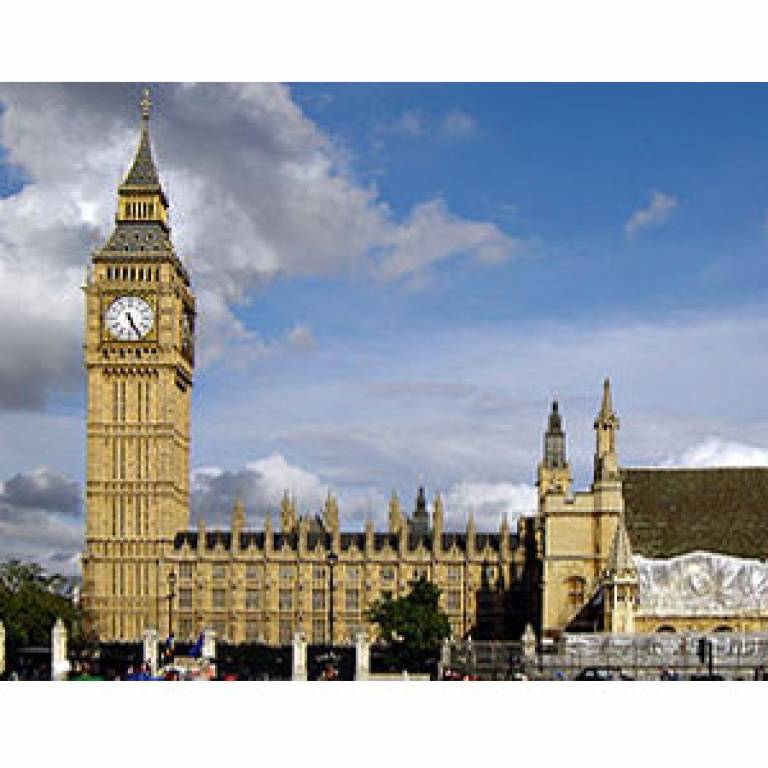Lords reform: what next?
16 July 2012
On Tuesday 10 July, the government was forced to withdraw its programme motion on the Lords Reform Bill, and suffered a rebellion of 91 Conservative MPs on Second Reading of the bill.
 This was the largest rebellion
of the coalition to date.
This was the largest rebellion
of the coalition to date.
Dr Meg Russell, Deputy Director of the UCL Constitution Unit, has recorded a video comment on the government's options from here, whether MPs were right to oppose certain aspects of the bill, and why Lords reform is so difficult.
Professor Robert Hazell, Director of the UCL Constitution Unit, has commented on the wider implications for the coalition.
The video and a summary of their comments are below.
On Lords Reform the Government now has four options, not
all of them feasible:
- Use the summer to try to talk Conservative backbenchers round. However, "the rebels are so implacably opposed to this Bill that they are very unlikely to come round", warns Dr Russell.
- Attempt to forge a deal with Labour, who have expressed support for the bill in principle. But Russell notes: "A deal with Labour would be very risky. Although they might like the idea of reform, they could pull the plug at any time. Crucially for Cameron, it would mean putting through a bill with opposition support against the wishes of his own backbenchers, which would be very uncomfortable"
- Give up on Lords reform. "Giving up on reform would be a shame, since everybody agrees that some reform is essential", says Russell.
- Put forward an alternative package of reforms which will garner wider support. Russell comments that, "While difficult, an alternative package certainly has more hope than the current proposals". She suggests: "Ending the anachronism of Prime Ministerial appointments would not require legislation. Cameron could give the Appointments Commission new power to invite nominations from parties proportionately, in line with general election votes. This alone would be a major win for Clegg". She added, "other changes such as removing hereditary peers or reducing the size of the chamber would also be possible, but require a bill, while a bill to implement a minority-elected chamber would still be resisted by those MPs who are opposed to election on principle, while being criticised by others for not going far enough".
No threat to the Coalition
The Unit's director Prof Robert Hazell added: "What this episode demonstrates, as we argued in our book The Politics of Coalition, is that we have a coalition government, but not a coalition Parliament. The coalition government remains remarkably solid; but from time to time it will encounter difficulties in Parliament, as all governments do.
"Clegg and Cameron remain strongly united within the government. he Cabinet remains united and supportive of both leaders. Neither party is going to leave the coalition over this kind of issue. The Lib Dems in particular have nowhere to go. They will conclude, as previous governments have done, that it is far better to hang together than to hang separately. Lords reform may fail, but the coalition will carry on".
 Close
Close

